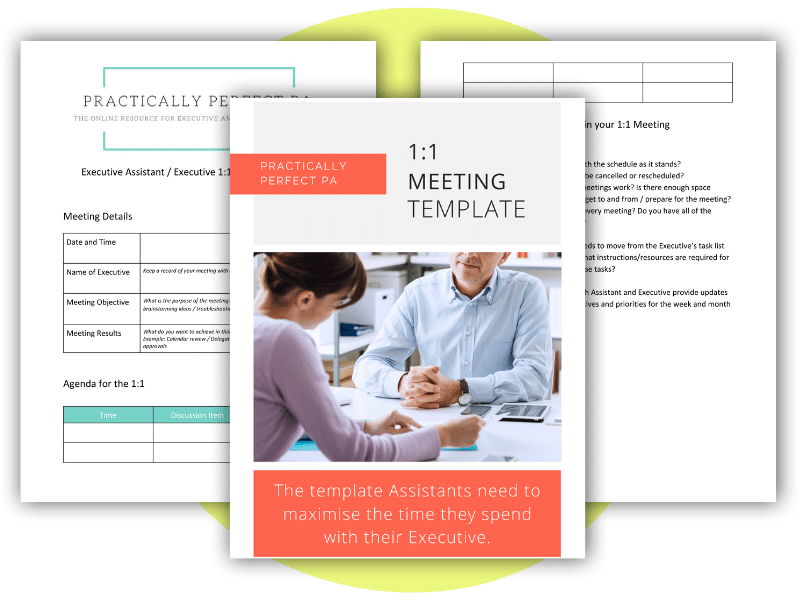Mastering the art of Assisting
In a recent Future Assistant masterclass conducted by renowned Executive Assistant Debbie Gross, attendees were given a wealth of knowledge and practical tips on excelling in their roles as Assistants and Mastering the art of Assisting.
Debbie shared valuable insights on understanding Executives’ goals, aligning priorities, and thinking like an Executive. In this article, we’ll delve into the key takeaways from Debbie’s masterclass and explore the strategies she suggested for Assistants to enhance their effectiveness and make a meaningful impact in their roles.
Understanding Executive priorities
Debbie emphasised the importance of understanding an executive’s goals and priorities to optimise their time and productivity. She encouraged Assistants to go beyond the surface level and gain a deep understanding of what mattered most to their Executives. Discovering these priorities can be challenging in the remote working era, but Debbie highlighted the significance of open communication. Asking Executives about their priorities for the upcoming week can provide valuable insights and allow Assistants to realign their efforts accordingly.
Debbie also acknowledged the dynamic nature of goals and priorities. They are not set in stone but constantly evolve. She shared personal anecdotes where Executives’ priorities shifted unexpectedly, emphasising the need for Assistants to stay flexible and adaptable. Observing the Executive’s calendar, emails, and overall workflow can help assistants sense these changes and proactively support their Executives.
Aligning and optimising Executive calendars
To optimise an Executive’s calendar, Debbie recommended a shift in perspective from being a “gatekeeper” to becoming a “flow gate.” Rather than keeping things away from executives, assistants should focus on enabling suitable activities and engagements. Debbie’s concept of briefing templates or agendas ensures that meetings align with the Executive’s goals and provide them with the necessary information. These templates help Assistants gain a deeper understanding of the business and allow executives to review meeting objectives beforehand, facilitating more productive discussions.
Debbie encouraged assistants to take a strategic approach by asking the right questions and diving deeper into the purpose and relevance of each meeting. This proactive involvement enables assistants to add value by filtering meeting requests, compiling relevant updates, and focusing on the interactions that provide insights aligned with the Executive’s priorities.
Analysing Executive time allocation
An essential aspect of an assistant’s role is helping executives evaluate how they spend their time. Debbie stressed the significance of conducting periodic analyses of an executive’s calendar. By reviewing the distribution of time spent on different activities, assistants can identify trends and highlight areas needing adjustment. This analysis enables assistants to present data-backed insights to executives and facilitate informed decision-making.
Debbie shared examples of calendar analyses, showcasing the power of visualising time allocation. These analyses allowed her to identify potential imbalances, such as excessive one-on-one meetings or inadequate time spent with customers. Assistants can improve their time management and resource allocation strategies by presenting these findings to Executives.
Thinking like an Executive
Debbie encouraged Assistants to adopt an executive mindset by expanding their knowledge beyond their immediate responsibilities. She emphasised the importance of staying informed about industry trends, competitors, and global events that impact the business. Debbie recommended reading publications like the Wall Street Journal and engaging with various news sources to understand the business landscape better.
By actively seeking information and insights, assistants can bring valuable perspectives to discussions with executives, contribute relevant ideas, and provide informed recommendations. This proactive approach enhances their professional growth and positions them as strategic partners to their executives.
By understanding Executives’ goals, aligning priorities, optimising calendars, analysing time allocation, and thinking like Executives, assistants can elevate their contributions and make a significant impact. Embracing these strategies enables assistants to become trusted partners, strategic thinkers, and efficient organisers, ultimately enhancing their professional growth while supporting their Executives’ success.





